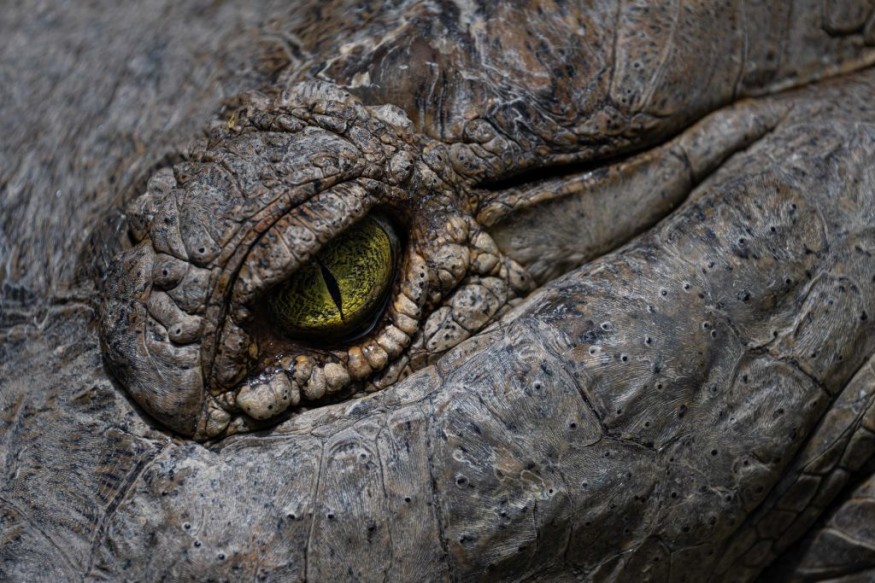
4.5 million years after its reign, the fossils of the largest crocodile ever discovered said to be the "last crocodile in Europe," were discovered in an excavation site in Spain.
"Last Crocodile in Europe" from 4.5 Million Years Ago
Researchers have unearthed around 4.5-million-year-old animal fossils in southern Spain, including the possible remnants of the "last European crocodile." The Catalan Institute of Human Paleoecology and Social Evolution (IPHES) made these discoveries during September excavations at the "Baza-1 site" in Granada province. The site, found in 1996, saw systematic excavation begin in 2000 and 2001. Over 2,000 fossils were recovered from a modest 320-square-foot area, mostly from extinct animals.
Last-known crocodile in Europe lived in Spain 4.5 million years ago, researchers say https://t.co/QgpIrIfhAr
— Live Science (@LiveScience) October 18, 2023
Antoni Canals, IPHES, Rovira i Virgili University, Sergio Ros-Montoya, University of Malaga, and Bienvenido Martínez Navarro, IPHES, lead the research. The Baza site's age, approximately 4.5 million years, is a rarity in Europe and is known for its exceptional density of extinct fauna and flora.
500 Fossils Unearthed
Paleontologists have found over 500 well-preserved fossils of large and small vertebrates, approximately 4.5 million years old. Among the remains are mastodons, rhinoceroses, two horse species, various bovids, deer, pigs, large carnivores, and turtles. Sediment analysis also unveiled small mammal remains like rodents, rabbits, shrews, amphibians, reptiles, fish, and abundant wood and plant remnants.
Only African Crocodile in European Fossil Records
The team made a fascinating discovery at Baza-1: the first crocodile tooth found at the site. This tooth belongs to a crocodile species of African origin and marks a unique find in the European fossil record from this era. It suggests that this species may have been the last crocodile to inhabit the continent.
The crocodile is believed to have arrived in the Iberian Peninsula by crossing an arm of the sea just before the Mediterranean dried up during the Messinian salinity crisis, around 6 million years ago. This geological event isolated the Mediterranean from the Atlantic and resulted in highly saline conditions unsuitable for life. The crisis eventually ended with the Zanclean flood, which refilled the Mediterranean basin and reconnected it to the Atlantic.
Also Read : Florida Alligator Brooke Gets CT Scan with Help of Six Vets, Strappy Board Following Ear Infection Symptoms
Dried Up Ancient Mediterranean
The Baza-1 site holds remarkable significance as the most comprehensive fossil continental record for post-Messinian times in Europe. During the Messinian salinity crisis, the Mediterranean desiccated, enabling passage between northern Africa and the Iberian Peninsula. Notably, the discovery of the crocodile tooth at Baza establishes the presence of crocodiles on this site during an unprecedented chronological window.
These crocodiles ventured into the Iberian Peninsula around 6.1-6.2 million years ago, extending their European presence well beyond the previously known limit of 5.0 million years ago.
Researchers aim to employ the fossil findings from Baza-1 to reconstruct the ancient environment. So far, evidence suggests a tropical/subtropical climate with high temperatures, abundant rainfall, and an ecosystem featuring extensive forests and open areas inhabited by herbivores, such as three-toed horses.
Related Article : 4 Critically Endangered Gharial Crocodile Hatchlings Emerging From Fort Worth Zoo Nursery Excite Officials in Groundbreaking Conservation Success
© 2025 NatureWorldNews.com All rights reserved. Do not reproduce without permission.





